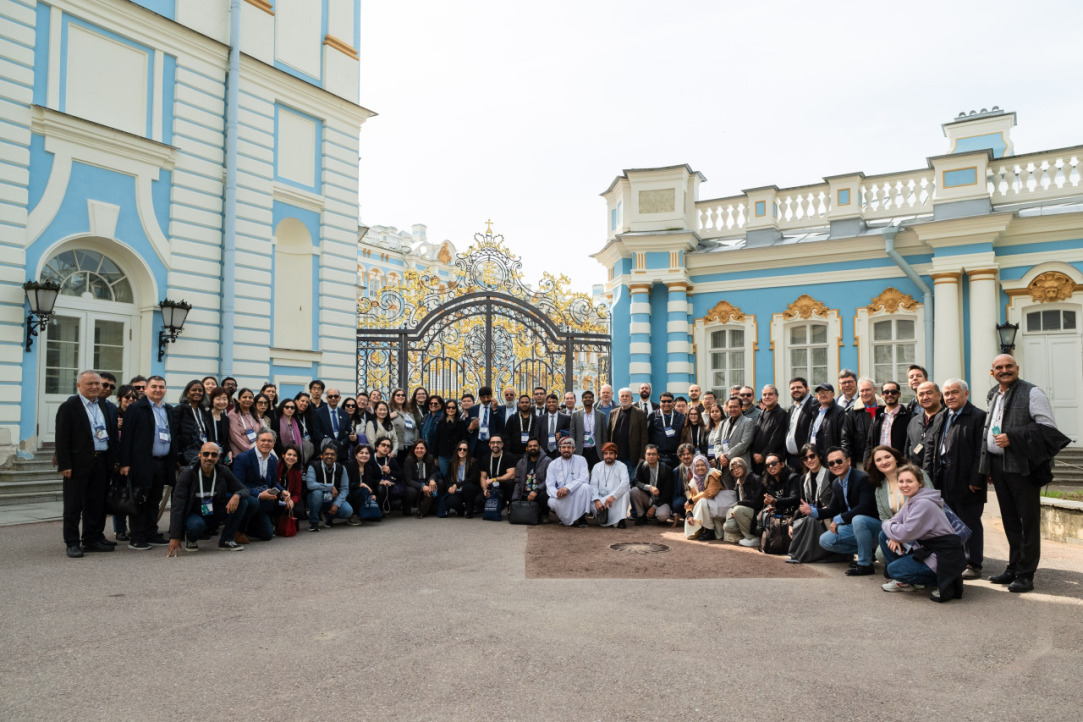
‘Each Day Here Was a Discovery’: Participants of International Partners' Week on St Petersburg, Science, and New Collaborations
The large-scale international forum gathered representatives from Asia, Europe, the Middle East, Africa and Latin America in St Petersburg. Apart from the intense business programme with expert discussions, signing of agreements, and creating international collaborations, guests of HSE University–St Petersburg got to know the cultural heritage of the Northern capital—seeing the city from the Neva and visiting the Hermitage, Tsarskoye Selo, and other significant sights.

HSE Scientists Discover Method to Convert CO₂ into Fuel Without Expensive Reagents
Researchers at HSE MIEM, in collaboration with Chinese scientists, have developed a catalyst that efficiently converts CO₂ into formic acid. Thanks to carbon coating, it remains stable in acidic environments and functions with minimal potassium, contrary to previous beliefs that high concentrations were necessary. This could lower the cost of CO₂ processing and simplify its industrial application—eg in producing fuel for environmentally friendly transportation. The study has been published in Nature Communications.
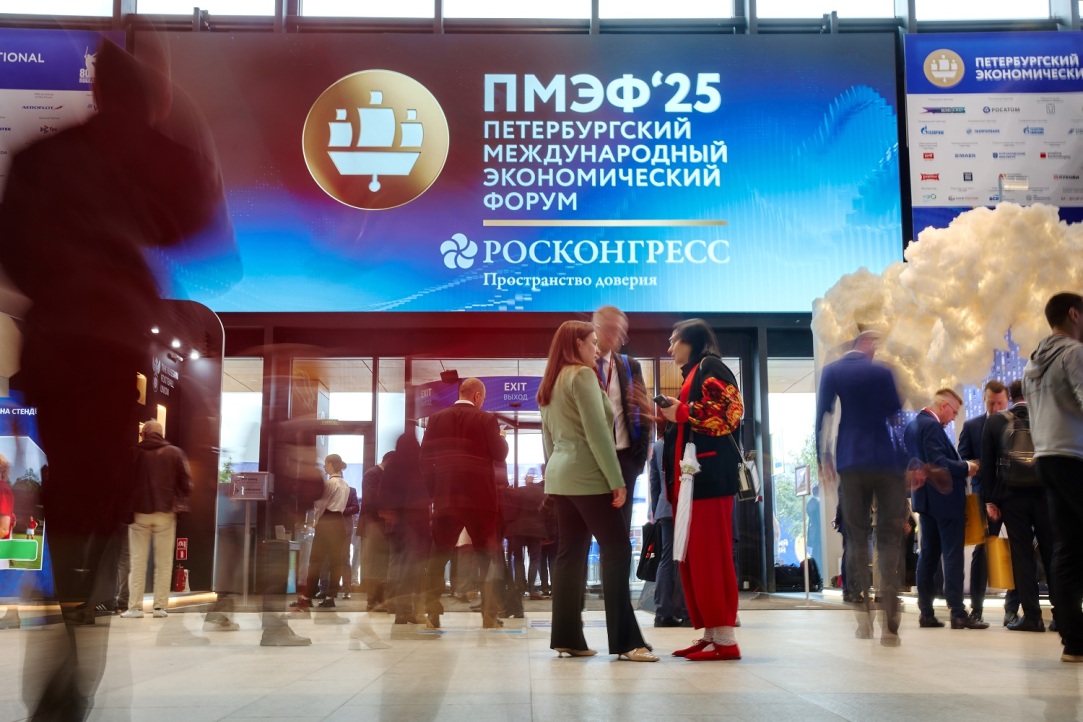
HSE University at SPIEF: Innovations, BRICS, and Healthcare
The St Petersburg International Economic Forum took place on June 18-21, 2025. HSE experts have discussed cooperation between universities, investors, and technology companies in the development of innovations, sharing the best practices in healthcare and drug safety, as well as charity and humanitarian collaboration in the BRICS countries. As a result, several cooperation agreements have been signed during the forum.
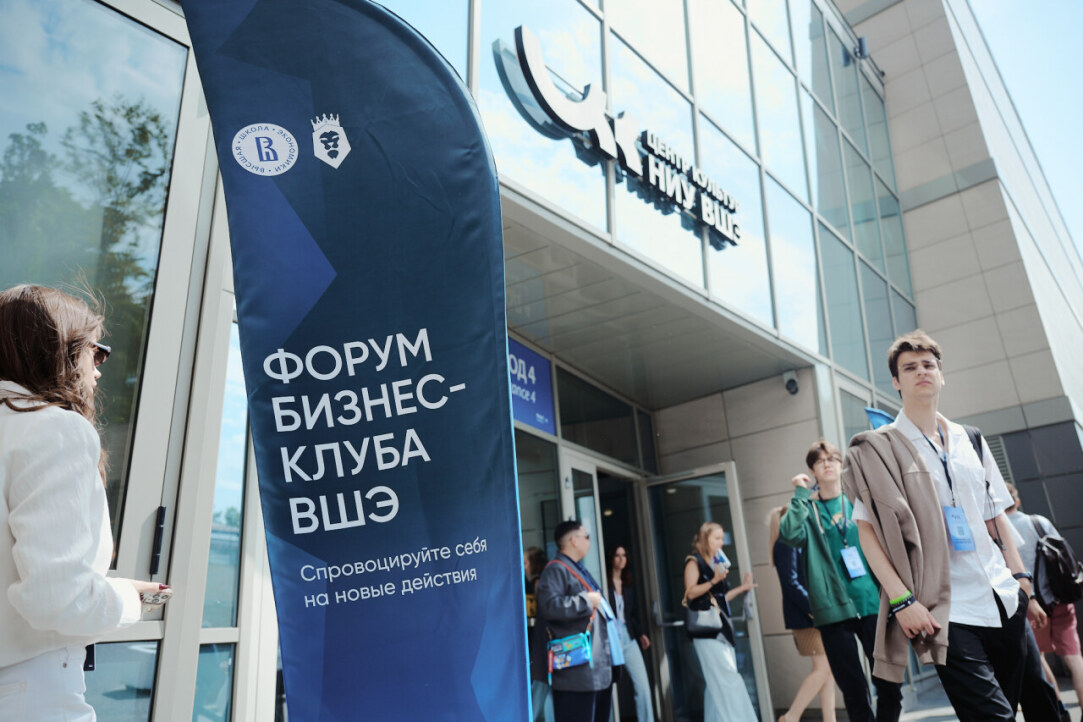
From Idea to Forum with 3,200 Attendees: How HSE Students Are Shaping the Business Environment of the Future
On May 31, 2025, HSE University hosted the fifth and anniversary edition of the HSE Business Club Forum—the largest student-led entrepreneurship event in Russia. Over five years, students have transformed this forum from a small local initiative into a large-scale platform bringing together market leaders, investors, aspiring entrepreneurs, and anyone keen to build a business while still at university.
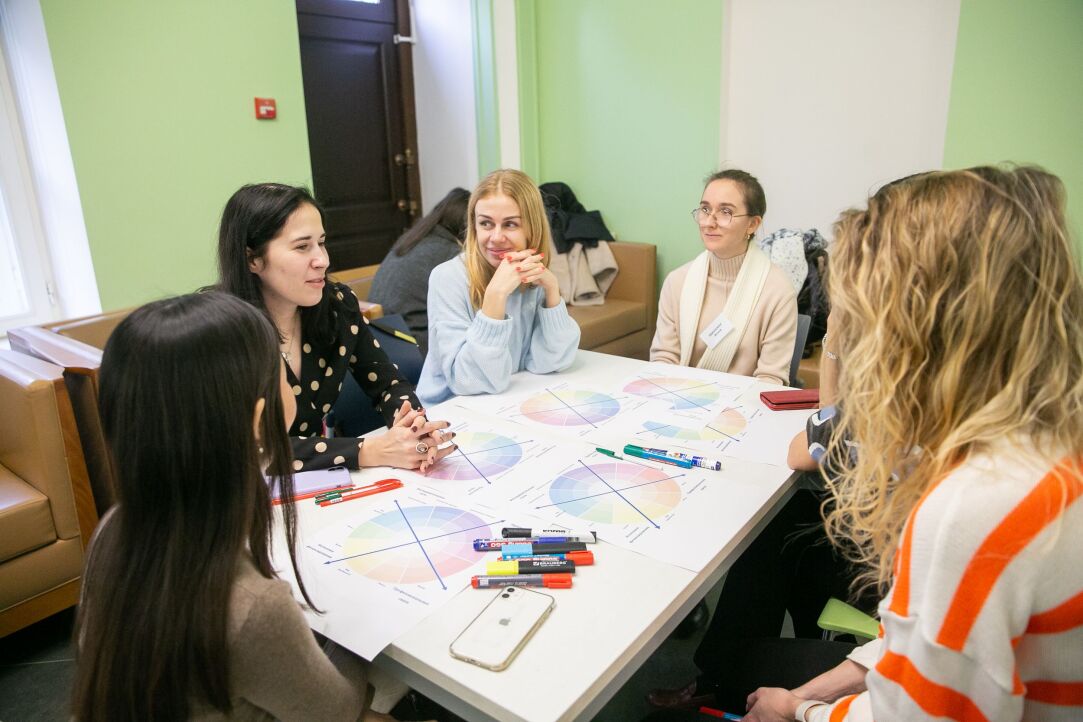
HSE Scientists Reveal How Staying at Alma Mater Can Affect Early-Career Researchers
Many early-career scientists continue their academic careers at the same university where they studied, a practice known as academic inbreeding. A researcher at the HSE Institute of Education analysed the impact of academic inbreeding on publication activity in the natural sciences and mathematics. The study found that the impact is ambiguous and depends on various factors, including the university's geographical location, its financial resources, and the state of the regional academic employment market. A paper with the study findings has been published in Research Policy.
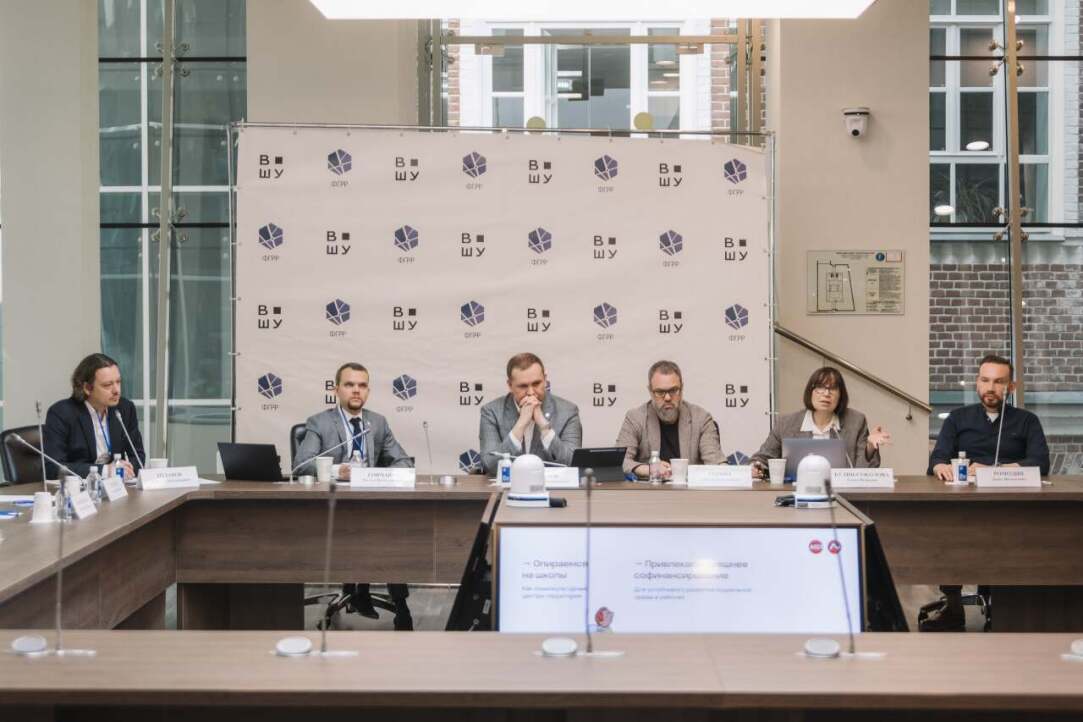
HSE Discusses Urban Development Prospects at the Vysokovsky Forum
The annual Vysokovsky Forum, organised by the Faculty of Urban and Regional Development, was held at HSE University. Officials, business representatives, teachers, and experts gathered to discuss whether development projects should be adapted to residents' needs, whether New Moscow could become a new centre of attraction, and what benefits HSE will gain from launching a new academic department in partnership with A101 Group.
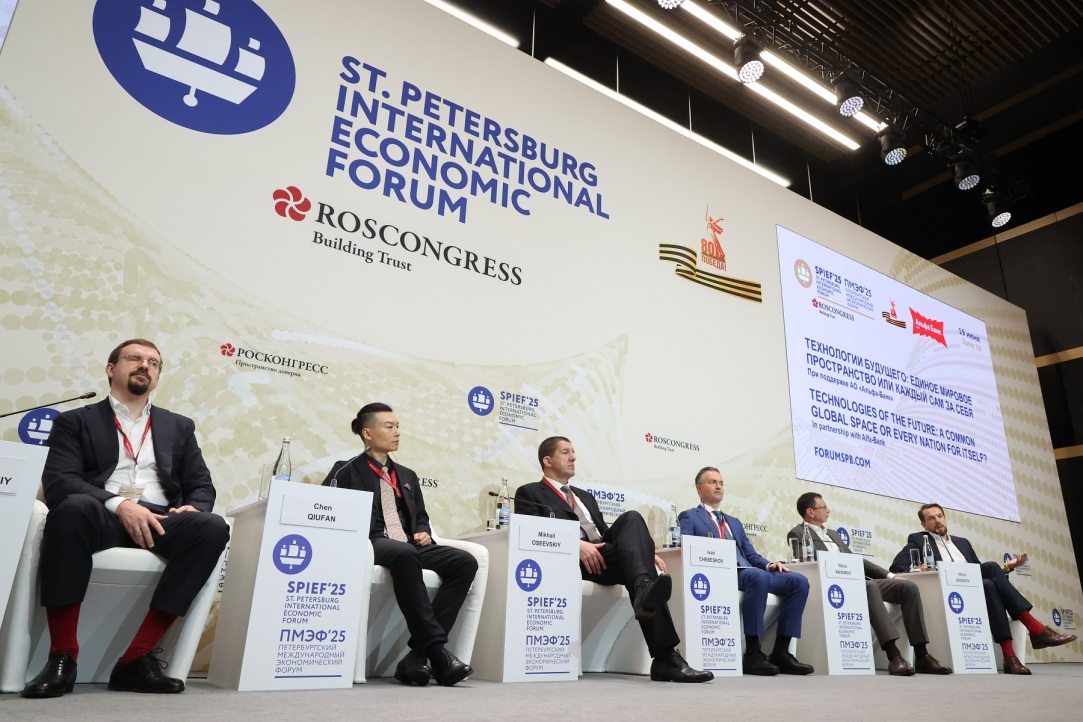
‘HSE University Considers Training in AI Technologies to Be a Basic Requirement’
‘Technologies of the Future: A Common Global Space or Every Nation for Itself?’ was the title of a session held on June 19, 2025, with the support of Alfa-Bank at this year’s St Petersburg International Economic Forum (SPIEF-2025). The discussion featured HSE University Rector Nikita Anisimov and was moderated by journalist, TV presenter, and public figure Ksenia Sobchak.

Group and Shuffle: Researchers at HSE University and AIRI Accelerate Neural Network Fine-Tuning
Researchers at HSE University and the AIRI Institute have proposed a method for quickly fine-tuning neural networks. Their approach involves processing data in groups and then optimally shuffling these groups to improve their interactions. The method outperforms alternatives in image generation and analysis, as well as in fine-tuning text models, all while requiring less memory and training time. The results have been presented at the NeurIPS 2024 Conference.
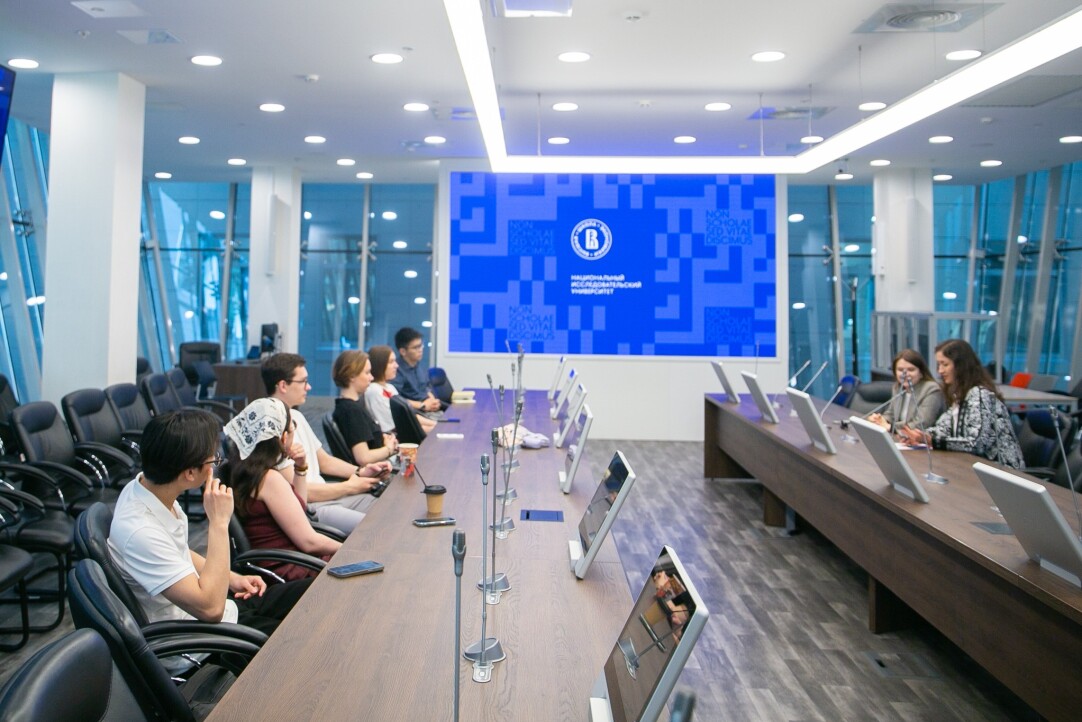
'I Have Fallen in Love with Russia—Especially Your Culture'
HSE University hosted a roundtable for international students, organised by the interuniversity student project Adventures of Foreigners in Russia. Participants of the roundtable received helpful tips and guides on adapting to life in Russia, along with practical information and recommendations on getting around, where to go, and what to do in Moscow during their free time. International students also shared their personal stories about why they chose to move to Russia and how their studies at the university are progressing.
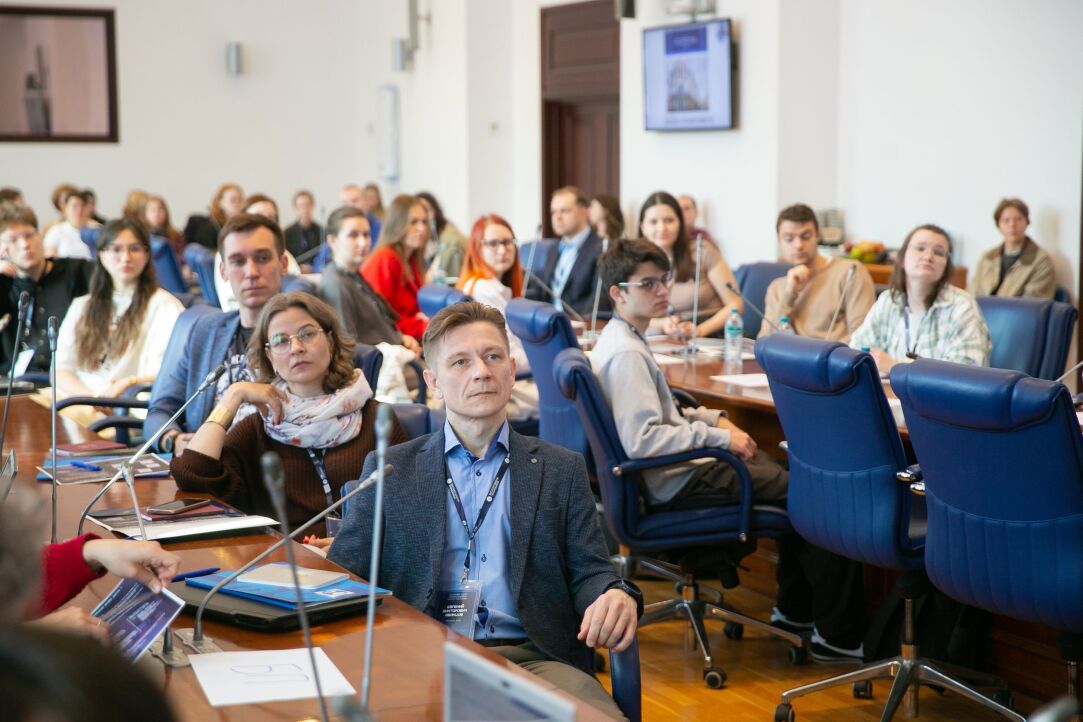
When Thoughts Become Movement: How Brain–Computer Interfaces Are Transforming Medicine and Daily Life
At the dawn of the 21st century, humans are increasingly becoming not just observers, but active participants in the technological revolution. Among the breakthroughs with the potential to change the lives of millions, brain–computer interfaces (BCIs)—systems that connect the brain to external devices—hold a special place. These technologies were the focal point of the spring International School ‘A New Generation of Neurointerfaces,’ which took place at HSE University.


Registration is open until April 1, 2025